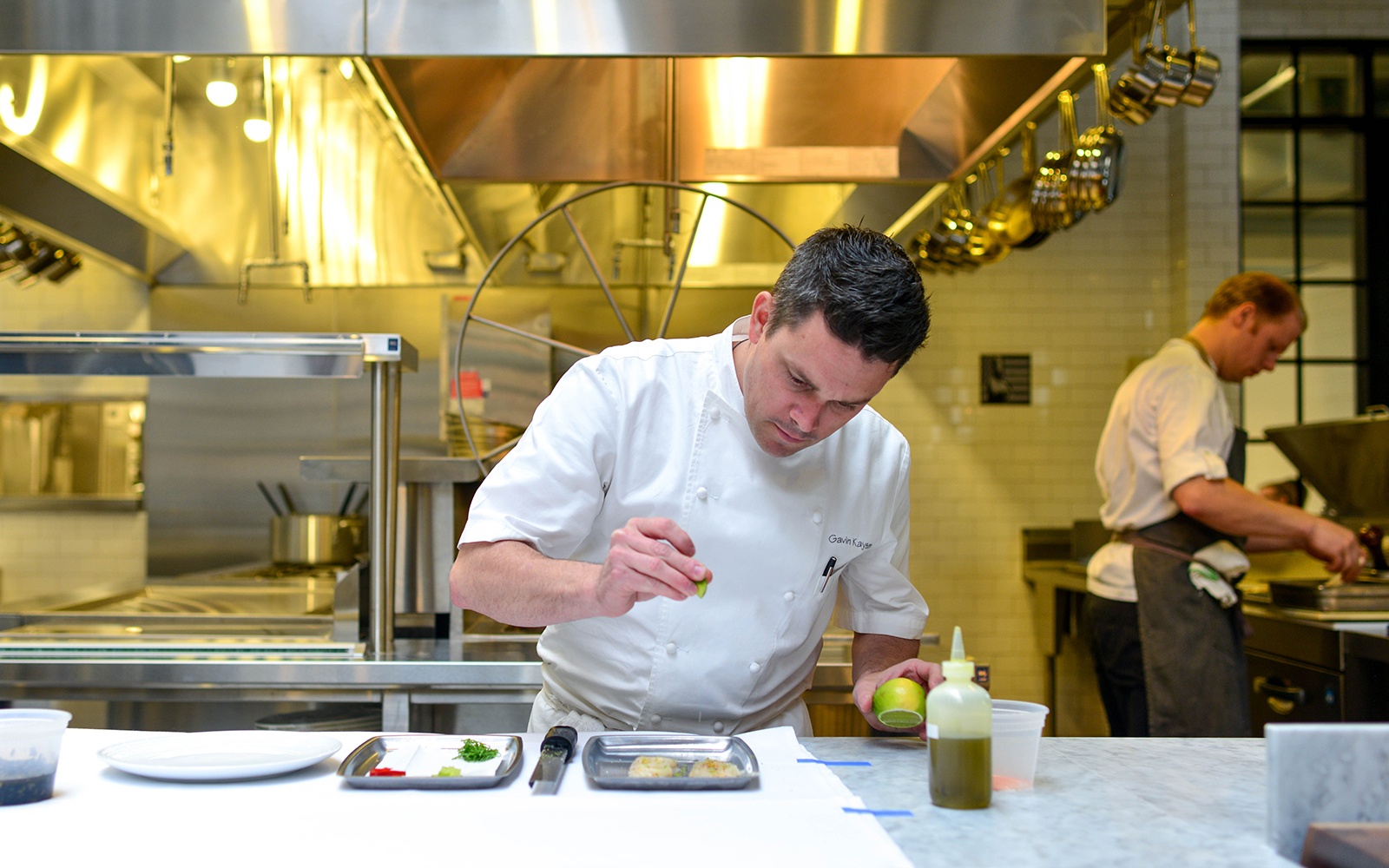Super Bowl 50 to Boost San Francisco's Restaurant & Hospitality Industry
/NEW YORK, Feb. 1, 2016 /PRNewswire/ -- According to PwC US, direct spending by the National Football League (NFL), businesses, visitors, and media on area lodging, transportation, food and beverage, entertainment, business services, and other hospitality and tourism activities related to Super Bowl 50 is expected to total more than $220 million. This estimate is based on a proprietary analysis that considers characteristics unique to this year's event such as the participating teams, attributes of the Bay Area, national economic conditions, and scheduled corporate and other ancillary activities.
Excluded from the analysis is the so-called "multiplier effect," which accounts for "indirect" impacts, such as a concession company's purchase of goods from local producers and manufacturers, and "induced" impacts, which occur when the income levels of residents rise as a result of increased economic activity and a portion of the increased income is re-spent within the local economy.
The following chart illustrates the estimated direct spending associated with the event, dating back to Super Bowl XXXVII in San Diegoin 2003, the last Super Bowl hosted in California.
"In addition to the Bay Area's core destination offerings, hubs of Super Bowl programming located throughout the Bay Area will provide visitors with a bevy of activities to participate in throughout the week leading up to the game," said Adam Jones, Director, Sports and Tourism Sector, PwC US. "Although the Pro Bowl is rotating back to Hawaii, Super Bowl City will open earlier than in years past to coincide with the NFL Experience, and Media Day will be held a day earlier, all of which will expand the average length of stay and overall impact."
The 50th edition of the Super Bowl marks the return of the event to the west coast's Bay Area for the first time in the modern era and toCalifornia – which is hosting its 12th game including the inaugural event in 1967 – after a 12 year absence. The return to California, specifically the San Francisco Bay Area, will allow regular attendees of the Super Bowl to experience fresh sights and attractions; yielding a level of direct spend which, when combined with relative destination costs, should continue the upward trend that started following Super Bowl XLVI in Indianapolis in 2012.
Continued Jones, "The Bay Area, like New York/New Jersey which hosted Super Bowl XLVIII in 2014, is home to a high concentration of businesses that activate events and activities around the Super Bowl. With the game in the Bay Area, the local economy will retain dollars that would otherwise be exported to other cities, resulting in what is projected to be the event's highest direct spend level, on a nominal basis, and the second largest inflation-adjusted output next to Super Bowl XLI in South Florida in 2007."
For more information visit www.pwc.com/us/sports
About PwC At PwC, our purpose is to build trust in society and solve important problems. We're a network of firms in 157 countries with more than 208,000 people who are committed to delivering quality in assurance, advisory and tax services. Find out more and tell us what matters to you by visiting us at www.pwc.com.
(via PR Newswire)





